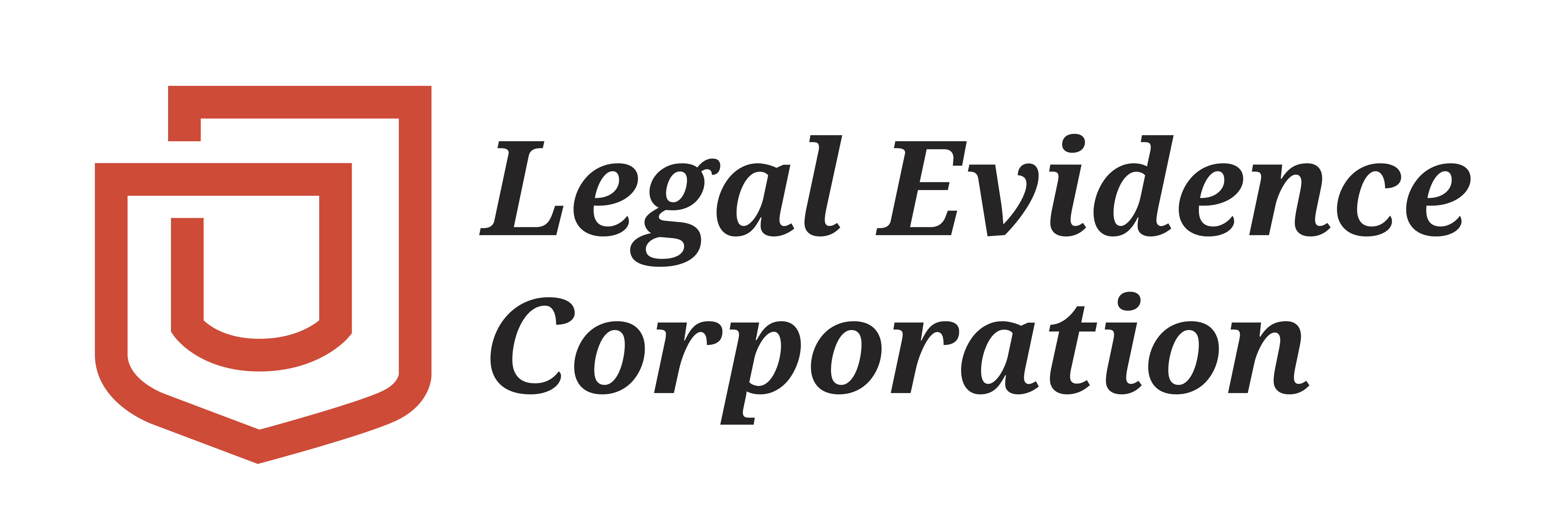 Legal Evidence Corp The field of Digital Forensics, responsible for developing technology and techniques to identify, extract, classify, and preserve electronically stored information has grown dramatically, and only a handful of firms are qualified to meet the court’s mandates.
Legal Evidence Corp The field of Digital Forensics, responsible for developing technology and techniques to identify, extract, classify, and preserve electronically stored information has grown dramatically, and only a handful of firms are qualified to meet the court’s mandates. Internet Defamation - Legal Recourse
In previous posts I touched on the unsettling reality that involving Internet defamation can have a devastating impact on a Company and individual’s reputation.The harmful effects to a business and reputation are only compounded when Company’s allow the defamatory content to fester and remain in online space, risking that possibility that each day a new volume of online users will come across it. Online users that come across the defamatory content will undeniably form an unflattering opinion about that company. To backtrack for informational purposes, defamation is defined as the act of making untrue statements about another which damages his/her reputation. If the defamatory statement is printed or broadcast over the media it is libel and, if only oral, it is slander. Internet defamation would fall under the libel category.
There may be additional requirements varying from state to state, but generally, whether you are the victim of internet defamation or being wrongfully accused of internet defamation, you need to understand the law. In order for a comment, post or article to constitute internet libel, the following elements must typically be met:
- The first thing you must prove is that the statement constitutes a false statement of fact. A fact is different than an opinion. A fact can be proven true or false. Opinions are typically not actionable as defamation.
- The false statement of fact must harm your reputation. There are many false statements posted across the internet. In order to constitute libel, a statement must not only be false but must harm you or your company’s reputation and cause harm.
- The false statement of fact causing harm must be made without adequate due diligence or research into the truthfulness of the statement. Alternatively, plaintiffs often attempt to prove that the false statement of fact was made with full knowledge of its falsity.
- If the person who is the subject of the false statement of fact is a celebrity or public official, the plaintiff must also prove “malice.” Malice is proven when the person posting the information on the internet intended to do harm or acted with reckless disregard of the truth in making the statements.



